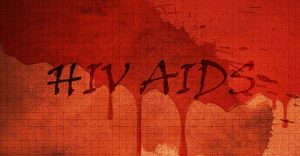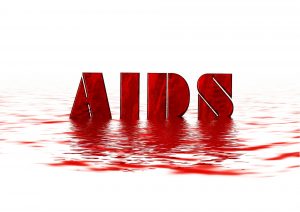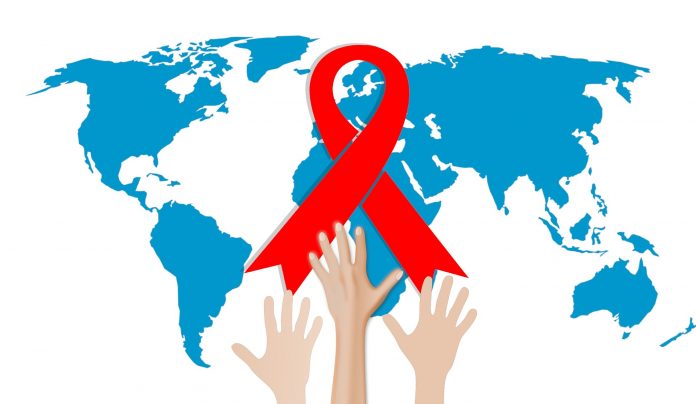The virus that causes AIDS is known as Human immunodeficiency virus (HIV). Acquired Immune Deficiency Syndrome (AIDS) Caused by one of two viruses: HIV-1 or HIV-2. HIV is a virus that damages the immune system. The immune system helps the body fight off infections.
However, there are drugs that help control the virus, enabling people with symptoms of HIV to live full and healthy lives.
HIV and AIDS
AIDS; a person must have contracted HIV. But having HIV doesn’t necessarily mean that someone will develop AIDS. HIV progress through three stages:
Stage 1: acute stage, the first few weeks after transmission Stage 2: clinical latency or chronic stage Stage 3: AIDS
Facts of HIV transmission
The virus is transmitted in bodily fluids that include:
- Blood
- Semen
- Vaginal and rectal fluids
- Breast milk
Other Ways HIV is spread from person to person include
- Through vaginal or anal sex
- By sharing needles, syringes and other items for injection drug use
- By sharing tattoo equipment without sterilizing it between uses
- From a woman to her baby
- During breastfeeding
- Through “pre-mastication,” or chewing a baby’s food before feeding it to them
- Through exposure to the blood of someone living with HIV, such as through a needle stick
HIV does NOT spread through
Skin-to-skin contact Hugging, shaking hands or kissing Air or water Sharing food or drinks, including drinking fountains Saliva, tears or sweat (unless mixed with the blood of a person with HIV) Sharing a toilet, towels or bedding Mosquitoes or other insects bites
Causes of HIV
HIV is a variation of a virus that infects African chimpanzees. Suspect the simian immunodeficiency virus (SIV) jumped from chimps to humans when people consumed infected chimpanzee meat. This the virus mutated into what we now know as HIV.
Diagnose HIV
Antibody/ Antigen Tests
However the most commonly used test how positive results typically within 18–45 days.
Antibody Tests
Tests check the blood for antibodies using blood tests or mouth swabs and there’s no preparation necessary. It takes between 23 and 90 days after transmission for most people to develop detectable HIV antibodies.
Nucleic Acid Test (NAT)
An expensive test isn’t used for general screening. This test looks for the virus itself and can take from 8 to 21 days for HIV to be detectable.
Early Signs and Symptoms Fever Chills Swollen lymph nodes General aches and pains Skin rash Sore throat Headache Nausea Upset stomach
Treatment of HIV
The main treatment for HIV is anti-retroviral therapy, a combination of daily medications that stop the virus from reproducing. This helps cells keeping the immune system strong enough to fight off disease.
Side Effects of Treatments
Side effects are often temporary; nausea, headache and dizziness.
Serious side effects can include swelling of the mouth and tongue and liver or kidney damage. If side effects are severe the medications can be adjusted.
So far their is not cure for AIDS and HIV but research is still going on.






















